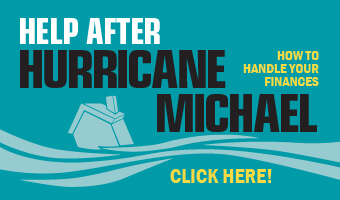Surviving the Aftermath of a Disaster
Taking these steps in the wake of a disaster could mean the difference between life and death, as well as financial ruin or stability.
Often the deadliest moments of a disaster occur not during the storm, but after the storm as a direct result of your actions (or inaction). Here are some tips to help you move forward in a safe and incident-free manner. The less danger you and your family face after a disaster strikes, the less likely you are to incur more damage to property or expensive medical bills from an injury.
